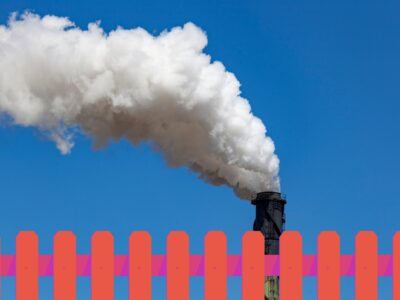Building Climate Coalitions
A New Paper in Science Illuminates the Political Dynamics
Economists are used to evaluating policy instruments based on their economic effects. No surprise there. But a recent paper in Science argues that the political effects may be just as important. Perhaps it’s not a coincidence that three of the four authors are political scientists; the fourth is Eric Biber, a frequent contributor to this blog. (The other three are Jonas Meckling, Nina Kelsey, and John Zysman).
Here’s how the process works. Some policies, like renewable portfolio standards, are likely to build cohesive industry groups like solar and wind energy firms. This begins what the authors and I regard as a “virtuous circle” — but some might think otherwise — in which those firms press for further reductions in the use of fossil fuels. Those measures in turn reduce the political clout of the fossil fuel industry and increase the strength of the renewables industry, and so on.
I imagine that fossil fuel firms and their conservative allies are aware of this dynamic, and that this is part of the reason why they oppose measures to increase the use of renewables. But in some instances, this opposition may boomerang. For instance, by insuring that federal subsidies for renewables have to be renewed frequently, they encourage renewable firms to build and maintain strong political networks to lobby for continuation of the subsidies.
This is a very plausible dynamic, and is certainly supported by some specific examples, such as the role of the renewables firms in fending off a challenge to AB 32 in California. Let’s hope that the dynamic is as strong as the authors of the Science article. believe. It is definitely something for policymakers to keep in mind as they try to build support for action against climate change.
Reader Comments
2 Replies to “Building Climate Coalitions”
Comments are closed.








Dan, the most important group seems to be unheard, and their immediate needs unmet.
They are our newest generations that are increasingly threatened by climate changes today that are destroying their future quality of life.
Climate coalitions must focus on producing immediately implementable solutions because current events prove that time is running out to protect their future.
P.S. In 1968, Cal philosopher John Searle wrote “A Scenario for Student Revolt” characterizing certain leaders as being “Like buffaloes being shot, they look on with interest when another of their number goes down, without seriously thinking that they may be next.”
Today, no group of social, political, economic and/or academic leaders seems to know how to fix this human problem in time to keep environmental, violence and inequality from overwhelming all of us!